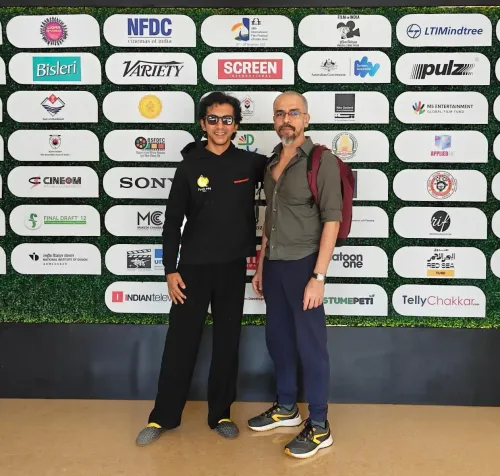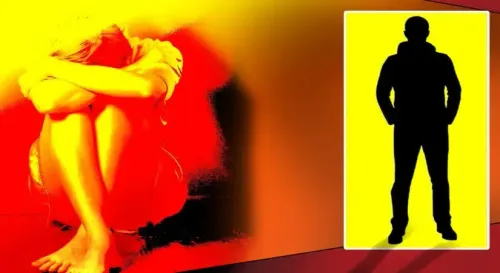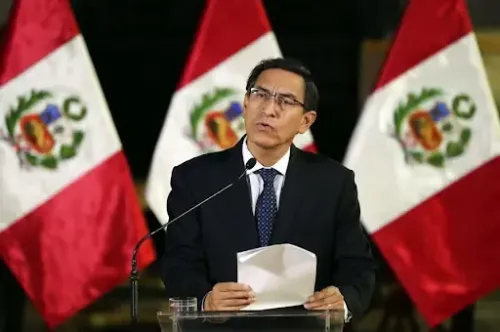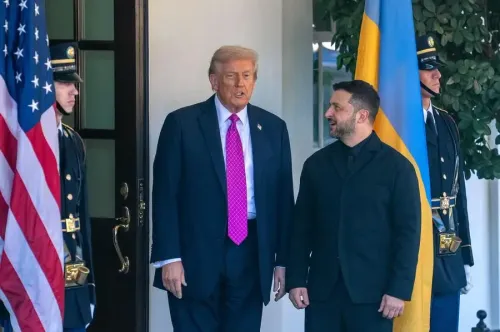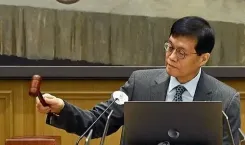Is TN CM Stalin Ready to Retain Power? Highlights Achievements in Assembly
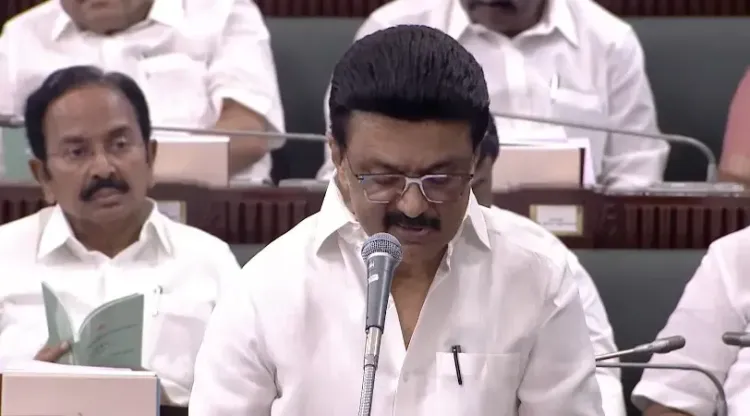
Synopsis
Key Takeaways
- Confidence in DMK's future
- 9.6% economic growth rate
- Environmental concerns raised
- Legacy of M. Karunanidhi
- Challenges ahead for CM Stalin
Chennai, April 29 (NationPress) On the final day of the Tamil Nadu Assembly session, Chief Minister M.K. Stalin conveyed his strong belief that the DMK would secure a seventh consecutive term in office.
As he concluded the discussions in the House, Stalin emphasized his administration's accomplishments over the last four years, proclaiming that the state is embarking on a "golden period" under the Dravidian governance model.
CM Stalin attributed the government’s success to unwavering dedication and consistent efforts, highlighting that Tamil Nadu has achieved a 9.6 per cent economic growth rate, as reported by Union Government statistics.
In reflecting on the legacy of his late father, former Chief Minister M. Karunanidhi, CM Stalin remarked that had Karunanidhi been present, he would have recognized the current tenure as one of great significance.
He reiterated that his government is continuously inspired by Karunanidhi’s vision and principles.
During the session, representatives from alliance parties raised urgent issues. Tamizhaga Vaazhvurimai Katchi (TVK) leader and MLA T. Velmurugan brought attention to environmental concerns stemming from mining activities by the Neyveli Lignite Corporation (NLC) in Neyveli.
Referencing a report from the Pollution Control Board, he indicated that mercury levels in groundwater had surpassed permissible limits by over 250 times due to NLC's operations.
“I submitted a motion urging the state government to deny further mining permits to NLC,” Velmurugan stated.
However, the Speaker did not allow the motion for discussion, an action Velmurugan deemed undemocratic.
Despite this setback, he met with the Chief Minister and presented a letter detailing his concerns.
Outside the Assembly, PMK MLA Arul Ramadas expressed his disappointment over numerous unresolved issues.
He criticized the government for failing to announce plans to regularize temporary government employees and for insufficient progress in reinstating the old pension scheme despite the establishment of a committee.
He noted that the government had addressed “not even 20 per cent” of the demands from Salem district and warned that the PMK would persist in protesting if essential issues remain unresolved.

